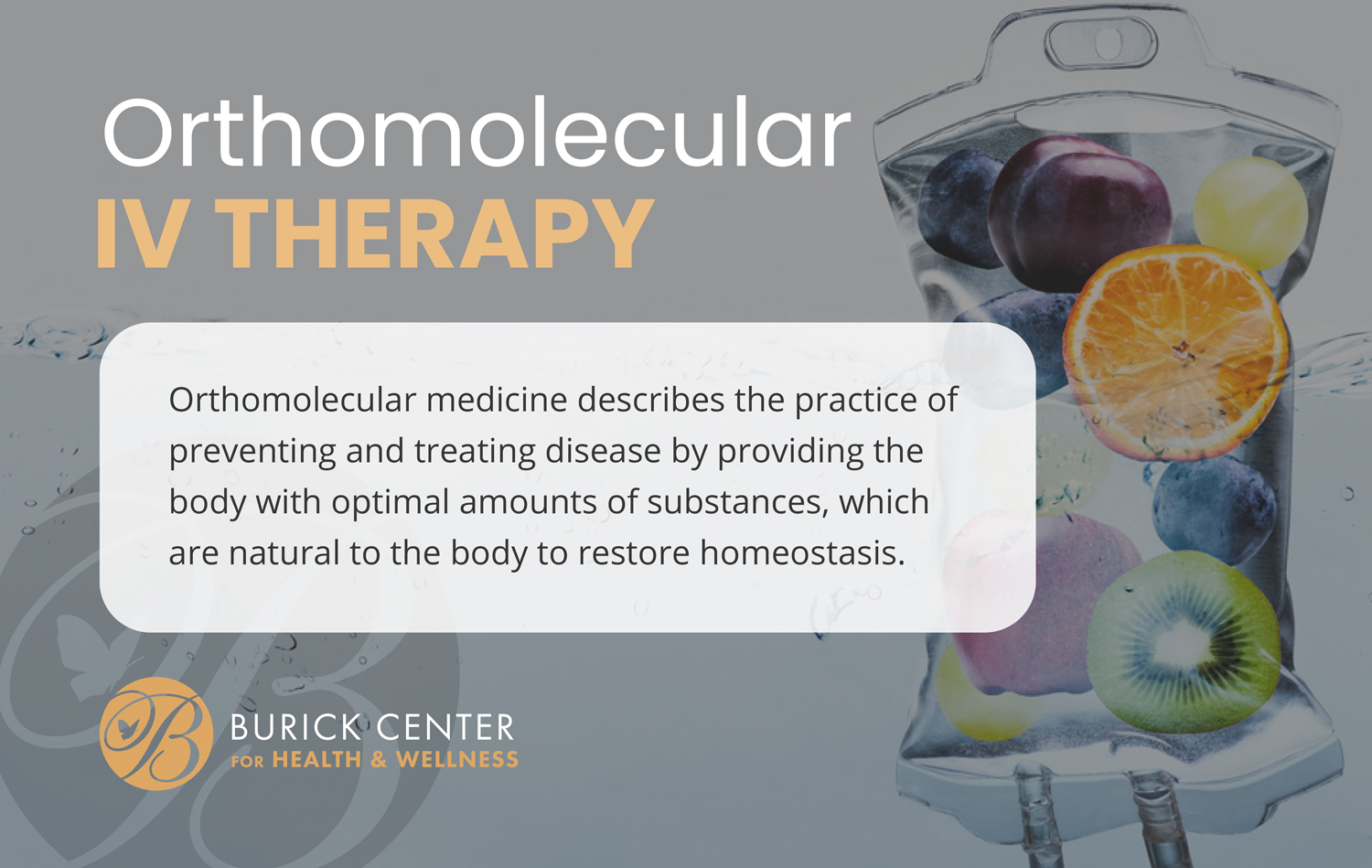Discover which of these describes an aspect of optimum nutrition. Optimum nutrition involves the right balance of macro and micronutrients. It supports overall health and prevents nutrient deficiencies.
In the world of health and wellness, optimum nutrition stands as a cornerstone for maintaining a balanced lifestyle. Achieving this level of dietary harmony requires attention to food quality, quantity, and variety, ensuring that all bodily functions receive the necessary fuel to operate at their best.
Optimum nutrition goes beyond mere calorie counting; it’s about making informed choices that contribute to long-term health benefits. Proteins, carbohydrates, fats, vitamins, and minerals, each play a vital role in supporting our body’s complex systems. Embracing a diet that incorporates a wide range of nutrients can enhance immunity, improve mental sharpness, and boost energy levels, laying the foundation for a fuller, healthier life. To navigate the pursuit of such nutritional adequacy, one must consider individual needs, lifestyle, and any specific health concerns.
The Essence Of Optimum Nutrition
Nourishing the body correctly is vital for full health. Optimum nutrition involves getting the right mix of nutrients.
Importance Of Nutritional Balance
Optimum nutrition is about balance. A well-balanced diet provides the body with the nutrients it needs. It includes:
- Proteins for building and repairing tissues
- Carbohydrates for energy
- Fats for long-lasting fuel and cell health
- Vitamins and minerals for body functions
A balanced diet keeps the body strong and functional.
Impact On Overall Health And Well-being
Good nutrition is crucial for well-being. The right nutrients can:
| Benefit | Description |
|---|---|
| Boost Immunity | Fights off illnesses. |
| Enhance Mood | Improves mental health. |
| Energy Levels | Keeps the body energized. |
| Body Functions | Ensures smooth body operations. |
A diet rich in nutrients wards off diseases and maintains vitality.

Credit: www.menshealth.com
Macronutrient Mastery
Embracing macronutrient mastery is vital for optimal health. Our bodies need a balanced intake of macronutrients to perform at their best. These nutrients provide energy, support cell growth, and maintain body functions. Mastering the balance and adequate consumption of carbohydrates, proteins, and fats leads to an optimal state of health. Understanding each macronutrient’s role and how it fuels the body is the first step towards optimum nutrition.
Carbohydrates: Fuel For The Body
The main energy source for the body is carbohydrate metabolism. They break down into glucose, which powers every cell. A well-balanced diet includes complex carbohydrates like whole grains, fruits, and vegetables. These food items provide a steady energy flow and keep you feeling full longer. Simple carbohydrates, found in sugary snacks, can lead to energy spikes and crashes. Hence, it’s crucial to focus on nutrient-rich carbohydrate sources for sustained energy.
- Whole grains: Brown rice, quinoa, and oats
- Fruits: Apples, berries, and bananas
- Vegetables: Leafy greens, carrots, and peppers
Proteins: Building Blocks Of Cells
Proteins are essential for muscle repair and growth. They play a crucial role in the creation of enzymes and hormones. High-quality protein sources like lean meats, legumes, and dairy products should be a part of every meal. Animal proteins provide all essential amino acids, while plant-based proteins may need to be combined to form a complete protein profile.
| Source | Protein Content |
|---|---|
| Chicken breast | 26g per 100g |
| Lentils | 9g per 100g |
| Yogurt | 10g per 100g |
Fats: Vital For Energy And Cell Health
Do not underestimate the importance of fats in a balanced diet. They are essential for long-term energy storage and are critical for absorbing vitamins. Choose healthy fats found in avocados, nuts, seeds, and olive oil. These fats support heart health and brain function, unlike saturated and trans fats, which can be detrimental to your health.
- Fat supports vitamin absorption
- Provides cushioning for organs
- It helps maintain healthy skin and hair
Micronutrients And Their Role
Micronutrients play a crucial role in overall health. Often overshadowed by macronutrients like carbs, proteins, and fats, these tiny compounds are vital for bodily functions. They are called “micro” because our bodies need them in smaller amounts, but their impact on our health is anything but small. Micronutrients include vitamins and minerals that support growth, disease prevention, and well-being. Let’s break down their roles and understand why they’re so important in optimum nutrition.
Vitamins: Catalysts For Biochemical Reactions
Vitamins are organic compounds that our body cannot produce in sufficient quantities. They are essential for energy production, immune function, and wound healing. Each vitamin serves a unique purpose:
- Vitamin A: for vision and skin health
- B Vitamins: for red blood cell formation and energy metabolism
- Vitamin C: for antioxidant protection and skin integrity
- Vitamin D: for bone health and immune function
- Vitamin E: for shielding cells from harm
- Vitamin K: for blood clotting and bone metabolism
Without enough vitamins, your body can’t perform these critical tasks effectively.
Minerals: Essential For Body Functions
Minerals are inorganic elements originating from soil and water, absorbed by plants or consumed by animals. Here are some key minerals and what they do:
| Mineral | Role in the Body |
|---|---|
| Calcium | For healthy teeth and bones, muscular contraction, and nerve transmission |
| Iron | Crucial for blood production and oxygen transport |
| Potassium | Regulates fluid balance and muscle contractions |
| Zinc | It helps with immune function, wound healing, and cell division |
| Magnesium | supports the body’s more than 300 metabolic processes |
A balanced diet rich in fruits, vegetables, whole grains, and lean proteins typically provides these minerals. However, supplementation may be necessary for specific deficiencies.
The Hydration Factor
The Hydration Factor: A Pillar of Optimum Nutrition
Unlocking the full benefits of a nutritious diet isn’t just about food choices. It’s also about staying hydrated. Water acts as the body’s transportation system, ferrying nutrients to where they’re needed. Without enough water, the entire process slows down.
Water’s Role In Nutrient Transport
Water is necessary for every cell in your body to function correctly. Here’s why water is crucial:
- It assists in digestion and prevents constipation
- Helps absorb water-soluble vitamins like vitamin C
- Regulates body temperature during exercise and in hot weather
Think of water as a highway for nutrients in your blood. This highway needs to stay clear for peak performance.
Effects Of Dehydration On The Body
Even mild dehydration can impact your body. Here’s what can happen:
| Dehydration Level | Body’s Response |
|---|---|
| 1-2% loss of body weight | Mood changes, fatigue, and reduced alertness |
| 2–5% loss of body weight | Dry mouth, headache, and difficulty concentrating |
| >5% loss of body weight | Increased heart rate, nausea, and extreme fatigue |
Remember, sip water throughout the day to keep your nutrient transport system flowing smoothly.
Dietary Diversity
Dietary Diversity is key to optimum nutrition. It entails consuming a variety of foods. This ensures your body gets different nutrients. Let’s explore how a varied diet benefits your health and helps prevent nutrient deficiencies.
Benefits Of A Varied Diet
A varied diet can bring many health benefits:
- Improves overall health: Eating different foods supports body functions.
- Reduces disease risk: Variety can lower chances of chronic diseases.
- Enhances gut health: Diverse diets feed a rich community of gut bacteria.
- Better weight management: Variety may help in maintaining healthy weight.
Combating Nutrient Deficiencies
Eating different foods prevents nutrient shortages. Here’s how:
| Nutrient | Sources |
|---|---|
| Vitamin C | Oranges, strawberries, and bell peppers |
| Calcium | Milk, cheese, and leafy greens |
| Iron | Beans, lentils, and fortified cereals |
| Fiber | Oats, wholegrain breads, fruits |
Include foods from all categories every day. This approach can fill nutritional gaps.
Understanding The Gut-health Connection
Optimum nutrition goes beyond just vitamins and minerals.
It involves a complex relationship between your diet and the health of your gut.
A healthy gut allows for better digestion, absorption of nutrients, and a strong immune system.
Discover how probiotics, prebiotics, and fiber underpin this crucial connection.
Probiotics And Prebiotics
Probiotics are friendly bacteria that live in your gut.
They keep your digestive system happy.
Prebiotics are food for these bacteria.
Eating both helps your gut thrive.
- Yogurt and kefir are good for probiotics.
- Bananas and onions are great prebiotics.
Role Of Fiber In Digestive Health
Fiber is key to a healthy digestive tract.
It helps you stay regular and supports good bacteria.
Different fibers serve different functions in the digestive system.
| Fiber Type | Benefits | Food Sources |
|---|---|---|
| Soluble Fiber | Controls blood sugar levels | Apples, oats, beans |
| Insoluble Fiber | Helps food pass quickly | Whole grains, nuts, veggies |
The Chronobiology Of Eating
The Chronobiology of Eating considers how timing impacts nutrition. Our bodies follow a natural rhythm, known as circadian rhythm, that influences metabolism, energy levels, and nutrient processing. Aligning food intake with this internal clock can lead to optimum nutrition and overall health.
Meal Timing And Metabolic Health
Eating schedules can affect your body’s ability to manage weight, energy, and even blood sugar levels. Planning meals to fit within certain times of the day can enhance metabolic health. Here are key facts to consider:
- Late-night eating may disrupt the natural metabolic process.
- Breakfast jump-starts metabolism after an overnight fast.
- Consistent meal times aid in regulating the body’s clock.
Studies show that individuals who eat meals at regular intervals tend to have better control over their appetite and weight. This pattern of eating aligns with our internal clock, leading to better metabolic health.
Syncing Diet With Circadian Rhythms
Our circadian rhythms guide our sleep-wake patterns and influence when we should eat. To sync diet with these rhythms:
- Consume the largest meal in the morning, when metabolism is higher.
- Eat smaller portions as the day progresses.
- Avoid heavy meals close to bedtime to support a healthy sleep cycle.
Aligning your eating habits with your body’s circadian rhythms can optimize nutrient absorption, improve digestive health, and boost energy levels throughout the day.

Credit: www.umc.edu
Managing Nutritional Intake
Managing Nutritional Intake means knowing what and how much you eat. When you manage what you eat, your body can stay healthy. To do this, learning about macronutrients and portion sizes is key. Let’s discover what each of those things means for your health.
Keeping Track Of Macronutrients
Macronutrients are the big parts of food that give you energy. They are fats, proteins, and carbohydrates. Your body needs a balance of these. Keeping track of them helps you eat better.
- Fats give your body energy. They help you stay warm. Not all fats are good, so choose healthy fats like those from nuts, avocados, and fish.
- Proteins help build muscles. They repair your body, too. Foods like meats, beans, and tofu have lots of protein.
- Carbohydrates give you quick energy. Whole grains and fruits are good sources. Try to avoid sugar and white bread.
Importance Of Portion Control
Eating the appropriate amount of food is known as portion control. Overindulging in food can result in weight gain. Eating too little can make you weak. Let’s learn to choose the right portion sizes.
| Food Group | Portion Size (Approx.) |
|---|---|
| Vegetables | 1 cup (fist size) |
| Fruits | 1/2 cup (cupped hand) |
| Protein | 3 oz (palm size) |
| Grains | 1/2 cup (cupped hand) |
| Fats | 1 tbsp (thumb size) |
Use this table to help with portion sizes. Fill half your plate with vegetables and fruits. Add a little protein and some grains. Remember, a little bit of fat is okay, too. That way, you eat well and stay fit.
The Role Of Supplementation
Understanding the role of supplementation is key to achieving optimum nutrition. Supplements can fill nutritional gaps, but knowing when to use them is crucial. Let’s dive into when they are beneficial and the possible risks of overdoing it.
When To Consider Supplements
Supplements can support a balanced diet in many ways, including:
- Dietary Restrictions: Vegans might need B12 or omega-3 supplements.
- Special Needs: Pregnant women could benefit from folic acid.
- Health Conditions: Iron supplements help with certain anemias.
- Age Factor: Elderly individuals may require vitamin D.
Consult a health professional to understand your specific needs.
Risks Associated With Over-supplementation
Taking too many supplements is risky. Keep these points in mind:
| Risk | Effect |
|---|---|
| Toxicity: | High doses of vitamins A, D, E can harm the body. |
| Interaction: | Certain supplements may counteract medications. |
| Overload: | Excess minerals can stress the organs. |
Always get advice before starting new supplements to avoid these risks.
Personalized Nutrition Strategies
Optimal nutrition fuels your body with the right balance of nutrients. Yet, each body is unique. Your genes and lifestyle set you apart. Personalized nutrition strategies aim to match your individual needs. They consider your DNA. They reflect your daily habits. This approach leads to peak health and performance.
Tailoring Diet To Genetic And Lifestyle Factors
Not all diets work for everyone. Your DNA and daily activities play a huge role. Personalized diets can lead to better health. Our genes affect how we process foods. They impact our risk for certain diseases. Lifestyle factors like sleep, stress, and activity levels also influence nutritional needs.
- Assess genetic predispositions to certain foods and nutrients.
- Analyze activity levels and habits to identify unique nutritional demands.
- Develop a tailored plan to align diet with individual health goals.
Nutrigenomics: The Future Of Diet Planning
Nutrigenomics combines nutrition and genetics. It is the science behind diet customization. This field explores how food influences gene expression. DNA-based diets could prevent or manage diseases. Nutrigenomics guides precise nutrition for optimum well-being.
- DNA testing identifies unique nutritional needs and sensitivities.
- Targeted food choices optimize gene function and health outcomes.
- Personal protocols aim for disease risk reduction and enhanced vitality.

Credit: www.menshealth.com
Frequently Asked Questions For Which Of These Describes An Aspect Of Optimum Nutrition
What Is An Aspect Of Optimum Nutrition?
An aspect of optimum nutrition involves a balanced intake of essential vitamins and minerals to support body functions.
Which Of These Describes An Aspect Of Optimum Nutrition Brainly?
Optimum nutrition for the brain involves consuming a balanced diet rich in omega-3 fatty acids, antioxidants, vitamins, and minerals to support cognitive function and brain health.
What Is The Definition Of Optimum Nutrition?
Optimum nutrition refers to eating a balanced diet that fulfills individual health needs, promoting overall well-being and physical performance.
What Are The Characteristics Of Optimum Nutrition?
Optimum nutrition involves a balanced intake of essential nutrients. It encompasses consuming a variety of foods, ensuring adequate hydration, and maintaining appropriate calorie levels. Optimal nutrition supports overall health and disease prevention.
Conclusion
Optimum nutrition embodies a multifaceted approach to well-being. It includes balanced diets, nutrient-rich foods, and mindful eating habits. Embracing these elements can lead to improved health and vitality. Remember, choosing the right nutrients is a vital step toward a healthier you.
Start your journey to optimum nutrition today!

I am a health writer and blogger based in the US and UK. I have been with the health department for six years. And I give advice on various health problems and solutions. I have a lot of experience in health matters and I share it here.


1 thought on “Which of These Describes an Aspect of Optimum Nutrition?”